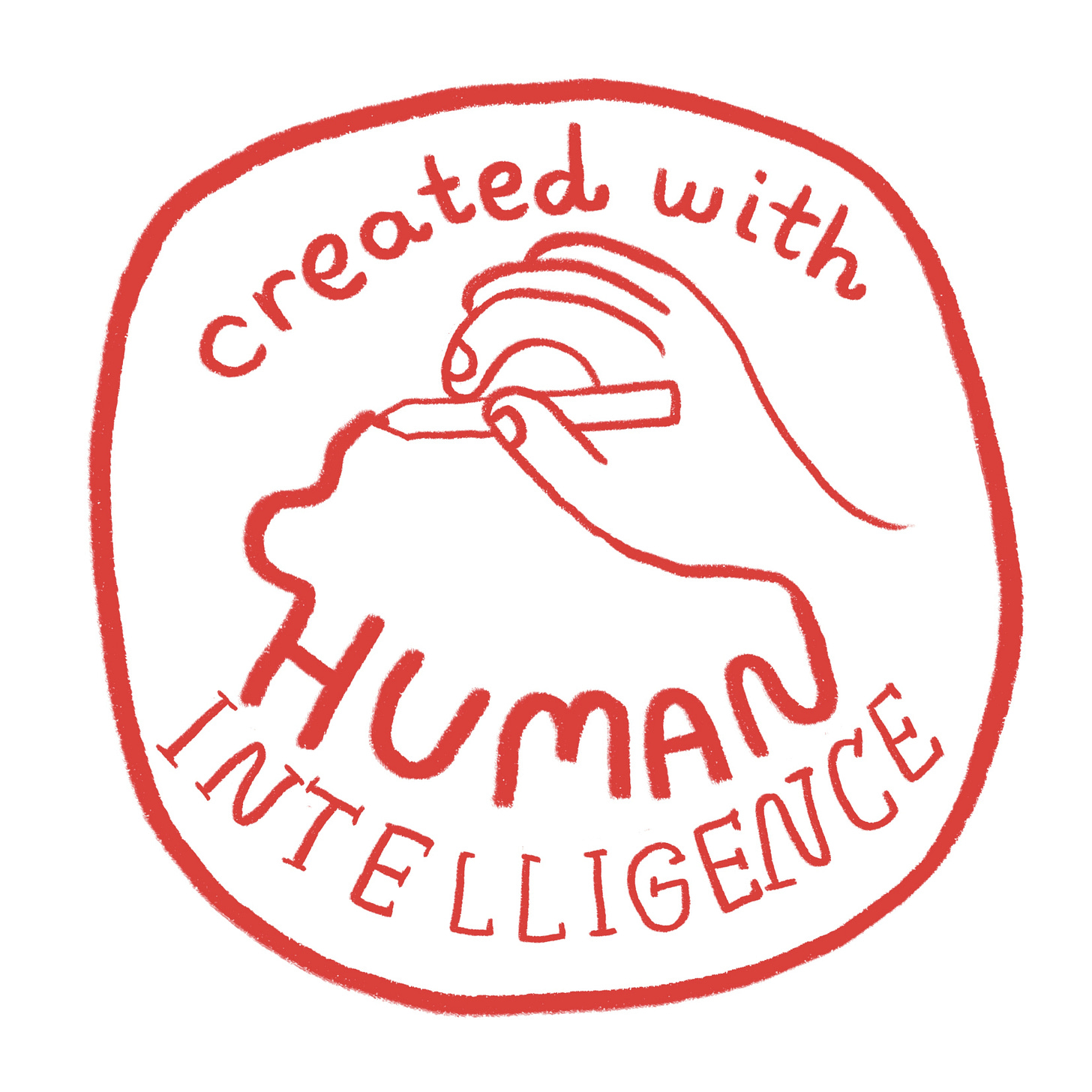Kids Are Weird
Especially little kids. They find excitement and interest in the most random things, sometimes even the grossest things. But their unbridled joy in discovery? A breath of fresh air! A renewal of the human spirit. They…don’t know they’re weird, and truly they don’t care.
As caregivers we are the keepers of the key to a child’s interests, since we have the power to grant them resources and therefore agency over what they want to learn. Maybe that goal is collecting bugs, and perhaps it’s carrying a baby carrot around like a pet. Frankly, as long as they love it and it doesn’t hurt anyone it shouldn’t matter.
This summer, observe what your kids take an interest in, whether it’s new or ongoing, and use that passion as a gateway to connection.
What Does It Mean to Be Curious?
This is not a vocabulary lesson. Really, what does curiosity feel like?
Maybe it feels like your whole body wakes up. Or your eyes shift into focus. It could also feel like the opposite of boredom, like this is something effortlessly grabbing your attention. And more than that, you want to focus for a long time.
What do you think it feels like for your child, and can you identify the moment when they start to take interest in an idea? Is it through their facial expressions? A change in their tone of voice? Do they ask you questions or request materials?
In order to support our children’s passions, we have to be able to attune to these shifts. For some kids, they’re very obvious and for others it may be a more subtle change. There are kids who may not even be able to identify that they’re interested, either due to their age or neurodivergence, and our attunement is the key to gaining that awareness.
This is a Chance to Build Background Knowledge
Having worked in education for almost 15 years, there are two vital skill areas that kids need to enter school with:
student skills (another newsletter for another time)
background knowledge
Background knowledge is vital not only for having rich, in depth conversations, but also for reading comprehension and writing. Reading Rockets, which is a great online resource if you’ve not checked it out before, puts it plainly:
The more you know about a topic, the easier it is to read a text, understand it, and retain the information.1
Gaining background knowledge of a topic leads to building mental representations of the information and connecting how it can relate to new information. When we find something interesting, chemicals are released in our brains that make us feel good (serotonin, dopamine) and keep us motivated to continue learning. In these moments, we are actually creating better (aka faster) neural connections, because we are combining those feelings of joy, novelty, motivation, innovation, and interest with language.
As a result, information is retrieved quicker and easier later on. This is why following a child’s lead can be helpful in school, especially for neurodivergent learners.
Here are some areas of learning that require background knowledge:
understanding and using vocabulary (especially multiple meaning words)
making inferences
making predictions
providing opinions about a topic or idea
comprehending informational (non-fiction) text and writing informative essays
writing persuasive essays
comprehending various stories, especially fables, fairy tales, and parables

Dive Deeper This Summer, You’ve Got the Time
Cultivating your child’s interests doesn’t mean centering academic skills. In fact, quite the opposite. Learning outside of school should involve all of the practical topics that help us gain an understanding of the world around us—morality and ethics, treating people kindly, problem solving, and managing conflict. Finally, they need to have fun and seek out topics regardless of how “smart” it will make them. Embrace the weird! It will make them more interesting, well rounded adults.
I must be honest with you, though. I do not consider activities like Roblox and Minecraft to be “passions.” They may be passionate about constructing worlds in Minecraft, but if we attune to their interests they’re actually just curious about building, urban planning, nature, historical civilizations, and tools.
Instead of logging on to a virtual universe, why not help your kids explore these passions through books, documentaries, playing with blocks, walking around your neighborhood looking at construction sites, and building sandcastles?
Biographies are also great resources for gaining background knowledge about these topics—Jane Goodall chased her passions, leading to the monumental discovery that apes exhibit sophisticated tool use similar to humans. Filling up a summer day doesn’t have to be overcomplicated with social media worthy games and activities—just help them explore their natural inclinations.
If you’re looking for more help or would like to outsource this type of planning, become a paid subscriber. Founding Members of The Childhood Curator receive two consulting appointments as a part of their paid subscription, and all paid subscribers have the opportunity to receive customized activity plans like the one shown above.
This sample activity guide is free for you to download and use with your kids this summer.
https://www.readingrockets.org/topics/background-knowledge/articles/building-background-knowledge









Love this!